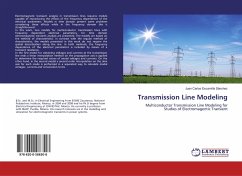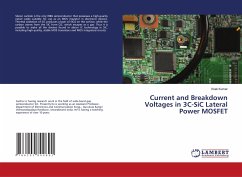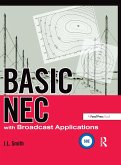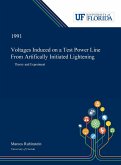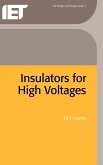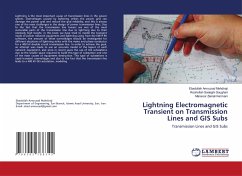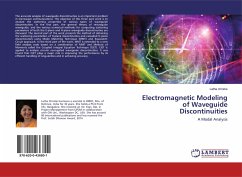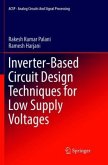Electromagnetic transient analysis in transmission lines requires models capable of reproducing the effects of the frequency dependence of the electrical parameters. Models in time domain present some problems considering these effects while in the frequency domain this is straightforward. In this work, two models for multiconductor transmission lines with frequency dependent electrical parameters, for time domain electromagnetic transient analysis are presented. The models are based on the method of characteristics. In contrast with the regular method of characteristics, the models presented in this work do not require the spatial discretization along the line. In both methods, the frequency dependence of the electrical parameters is included by means of a transient resistance.In the first model for obtaining voltages and currents at the transmission line ends a linear interpolation method on the propagation axis is applied to determine the required values of modal voltages and currents. On the other hand, in the second model a second order interpolation on the time axis for each mode is performed in a separated way to calculate modal voltages, currents and convolution terms.
Bitte wählen Sie Ihr Anliegen aus.
Rechnungen
Retourenschein anfordern
Bestellstatus
Storno

